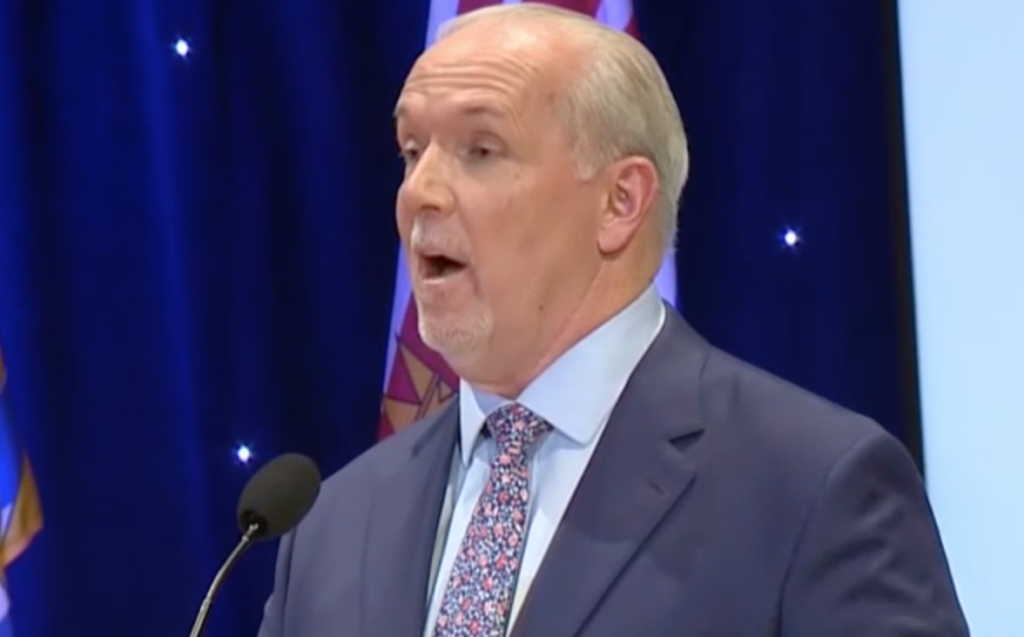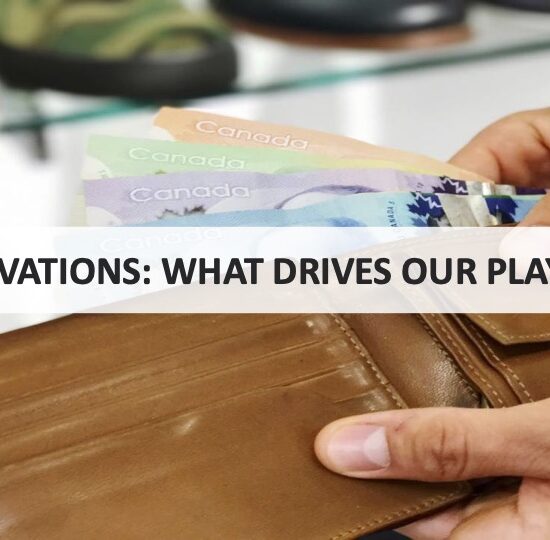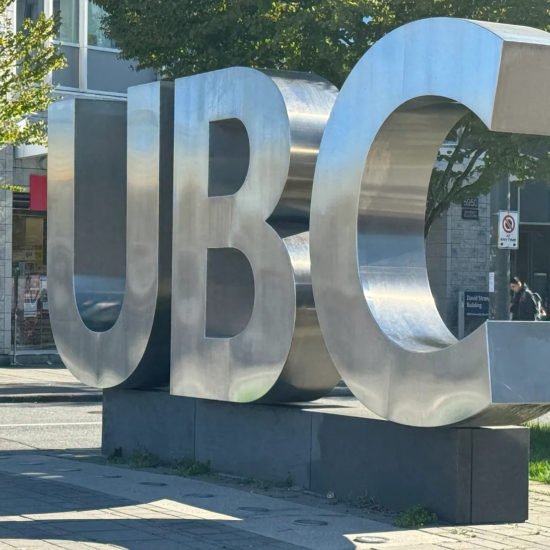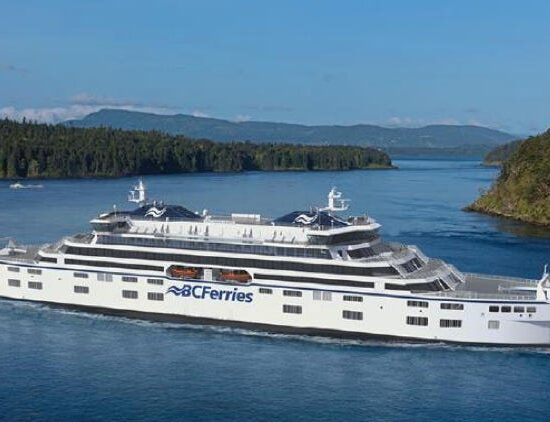
Bob Mackin
B.C.’s Site C dam is going to cost $16 billion and take an extra year to complete, Premier John Horgan announced Feb. 26.
The NDP is blaming the massive cost overruns on the coronavirus pandemic for slowing construction in early 2020, needed reinforcement to the foundation, “and other cost and schedule pressures.” It is now expected to be finished in 2025.

John Horgan (B.C.
Broadcast Consortium)
When Horgan green-lit the project in December 2017, after a post-election reconsideration by the B.C. Utilities Commission, the cost was pegged at $10.7 billion — $2.4 billion more than when it was announced in December 2014 by then-Premier Christy Clark.
The government has spent $6 billion so far and estimates it would cost $10 billion in sunk costs and remediation in order to cancel the project, plus the need to find alternate energy inventory.
“I did not want to saddle people at that time [in 2017] with a $4 billion hole in the ground, it’s now up to $10 billion of what would be foregone costs,” Horgan said. “But as Minister Ralston says, the project is half-completed, river diversion has taken place. The costs going forward are going to be less than the costs that we’ve had behind us.”
The biggest infrastructure project in B.C. history is now expected to cost twice as much as the estimated all-in price of Vancouver’s building and hosting of the 2010 Winter Olympics.
But it appears the ruling party has no appetite to get to the bottom of the cost overruns. Energy minister Bruce Ralston said he has asked BC Hydro to bring its quarterly financial reports up to date and answer questions from the B.C. Utilities Commission. “They have fallen behind,” Ralston said. Ralston was asked whether he had considered a public inquiry, similar to those for troubled dam projects in Manitoba and Labrador. “No we haven’t.”
Horgan’s immediate solution is replacing Ken Peterson as chair of BC Hydro with Doug Allen, who spent 15 years in the B.C. government as a deputy in five ministries and was CEO of BC Ferries.
Allen was the CEO of InTransitBC, the SNC-Lavalin company that operates the Canada Line, before joining TransLink as CEO during the failed expansion funding plebiscite of 2015.
When the NDP returned to power in 2017, Horgan installed Allen to the board of ICBC.
Peter Milburn, a former Deputy Minister who chairs B.C.’s public sector pension fund, was hired in August to report by October, after the NDP government claimed the new cost and schedule were unknown.
Horgan called a snap election in September — more than year ahead of the legally required October 2021 date — and won a majority on Oct. 24.
In Milburn’s $500,000 report, dated Oct. 10, he found “the cost and risk systems have not been effective on this project.”

Site C goes ahead: Heyman (left), Horgan and Mungall, on Dec. 11, 2017.
“Most of the opportunities for improvement relate to the [Samsung and Acciona] main civil works contract and the geotechnical challenges. BC Hydro would likely benefit from the addition of more personnel with a background in large civil projects at all levels in the project structure including the project assurance board,” Milburn concluded.
The review recommends installing large concrete filed pipes to anchor the foundation, to improve stability and limit possible future movements. It also recommends enhancing drainage within the right bank and improve access to the approach channel for drainage.
Engineers John France of the U.S. and Kaare Hoege of Norway were hired after Milburn reported to conduct a geotechnical safety overview report. France and Hoege found “the right bank foundation enhancement solutions are appropriate and sound, and will make the right bank structures safe and serviceable over the long operating life of Site C.”
France and Hoege also concluded that the earthfill dam “can be safely constructed, meeting all Canadian Dam Association dam safety and reliability guidelines.”
Support theBreaker.news for as low as $2 a month on Patreon. Find out how. Click here.










